Property taxes and rental costs are major expenses for many Pennsylvania residents, particularly seniors and low-income families. Recognizing the financial strain these costs impose, Pennsylvania has enhanced its Property Tax/Rent Rebate Program for 2025, offering significant relief to eligible residents. This article provides a comprehensive look at the latest changes, who benefits, and how the program supports communities across the state.
In Pennsylvania, the combined burden of property taxes and rent can be daunting, especially for seniors living on fixed incomes and families with limited earnings. In response, the state government has boosted its Property Tax/Rent Rebate Program for 2025, enhancing financial relief mechanisms. This increase in support aligns with Governor Josh Shapiro’s administration’s focus on easing cost pressures on residents and ensuring housing stability.
Overview of Pennsylvania’s Property Tax and Rent Relief Programs
The Property Tax/Rent Rebate (PTRR) Program is designed to provide eligible Pennsylvanians with rebates on property taxes or rent paid in the previous year. Funded primarily through Pennsylvania Lottery and gaming revenues, it targets seniors aged 65 and older, widows and widowers aged 50 and older, and individuals with disabilities aged 18 and up.
Besides the PTRR, other localized programs such as Allegheny County’s Act 77 provide additional tax relief, including discounts on real estate taxes for senior citizens with lower incomes. Moreover, emergency rental assistance programs help families facing financial crises, particularly exacerbated by the COVID-19 pandemic’s economic impact.
Key Changes in the 2025 Program
Significant updates for 2025 include:
-
Increasing the maximum rebate from $650 to $1,000.
-
Raising the income eligibility limit to $46,520 annually, adjusted for cost-of-living indexes.
-
Expansion of supplemental rebates up to $500 for residents in high tax burden cities like Philadelphia, Pittsburgh, and Scranton.
-
Extension of the application deadline to December 31, 2025, ensuring more residents can apply.
These improvements reflect bipartisan legislative efforts and emphasize relief for those facing the steepest housing cost burdens.
Eligibility Criteria for Seniors and Low-Income Families
Eligibility requires meeting age and income conditions:
-
Seniors aged 65 or older.
-
Widows and widowers aged 50 or older.
-
Individuals with disabilities aged 18 or older.
-
Total household income must not exceed $46,520, with half of Social Security income excluded from this calculation.
Additionally, applicants must have paid property taxes or rent in 2024 to qualify for rebates in 2025.
-
Financial Impact and Rebate Details
Rebate amounts are tiered based on income:
-
Income $0 – $8,270: Up to $1,000 standard rebate plus supplemental rebate up to $500.
-
Income $8,271 – $15,510: Up to $770 standard rebate plus supplemental rebate.
-
Income $15,511 – $18,610: Up to $460 standard rebate plus supplemental rebate.
-
Income $18,611 – $46,520: Up to $380 standard rebate plus supplemental rebate up to $190.
Supplemental rebates provide extra relief for low-income residents in Pittsburgh, Philadelphia, and Scranton or those paying property taxes exceeding 15% of income.
City-Specific Benefits and Statistics
In cities like Pittsburgh, Philadelphia, and Scranton, where property taxes are higher relative to income, the program’s supplemental rebates are especially critical. Pittsburgh’s East Liberty neighborhood saw a community announcement event highlighting the positive impact of these rebates on seniors and people with disabilities.
According to recent data, more than 520,000 Pennsylvanians received a combined total exceeding $318 million in rebates last year, with nearly 100,000 first-time applicants. The 2025 funding certification reached a record $1.025 billion across Pennsylvania, marking a 14% increase from the prior year.
Additional Rent Relief Programs Supporting Vulnerable Populations
Beyond PTRR, Pennsylvania’s Emergency Rental Assistance Program (ERAP) provides targeted aid to tenants impacted by the pandemic and facing housing instability. Those with incomes up to 80% of the Area Median Income (AMI) and specific hardship qualifiers can seek rental assistance, helping to prevent eviction and homelessness.
Allegheny County’s Act 77 also offers a 30% property tax discount to qualified seniors with incomes below $30,000, reinforcing county-level support structures.
Economic Implications for Pennsylvania’s Housing Market
Housing affordability in Pennsylvania remains challenging, with the state needing over 250,000 more affordable rental homes to meet demand, especially for extremely low-income households. The property tax relief efforts contribute to alleviating financial pressure but also spotlight the ongoing needs for rental housing and sustainable tax reforms.
The Pennsylvania Independent Fiscal Office highlights that property taxes generated $18.4 billion in 2022 for schools, a burden intensified in counties near New Jersey and rapidly growing regions. These realities make property tax and rent relief programs essential for economic stability and community retention.
How to Apply for the 2025 Rebate
Applicants can submit their Property Tax/Rent Rebate claims in multiple ways:
-
Online via the Pennsylvania myPATH portal for the fastest processing.
-
By mail using Form PA-1000, downloadable from the Department of Revenue website.
-
In-person assistance available at local district offices and through state senators’ offices.
The application deadline is December 31, 2025, providing ample time for eligible residents.
Conclusion
Pennsylvania’s enhanced Property Tax/Rent Rebate Program for 2025 reflects a robust effort to support seniors and low-income families facing high housing costs. With increased maximum rebates, expanded eligibility, and targeted supplemental assistance for high-burden cities, more residents than ever can access meaningful financial relief. Coupled with emergency rental programs and county tax relief measures, these initiatives promote housing stability and improve quality of life for vulnerable Pennsylvanians across urban and rural communities.
This coordinated support under Governor Shapiro’s administration marks a significant step toward easing Pennsylvania’s housing affordability challenges and underscores the state’s commitment to its seniors and low-income families. The program’s successes in cities like Pittsburgh and Philadelphia serve as model examples of how thoughtful policy can make a tangible difference in residents’ lives.

Mrs. Odice has been a teacher here for 9 years. She likes yoga and spends most of her time with her 3 kids. She also grew up going to Douglas County schools and is Canadian.

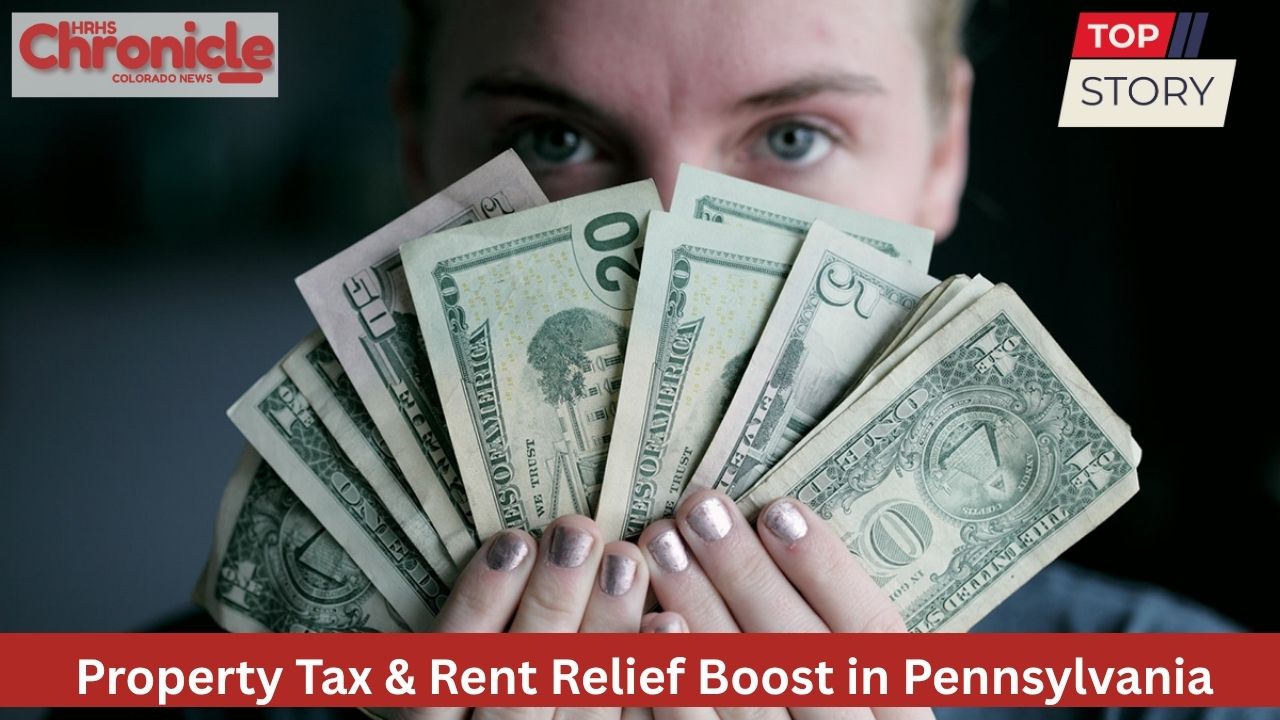
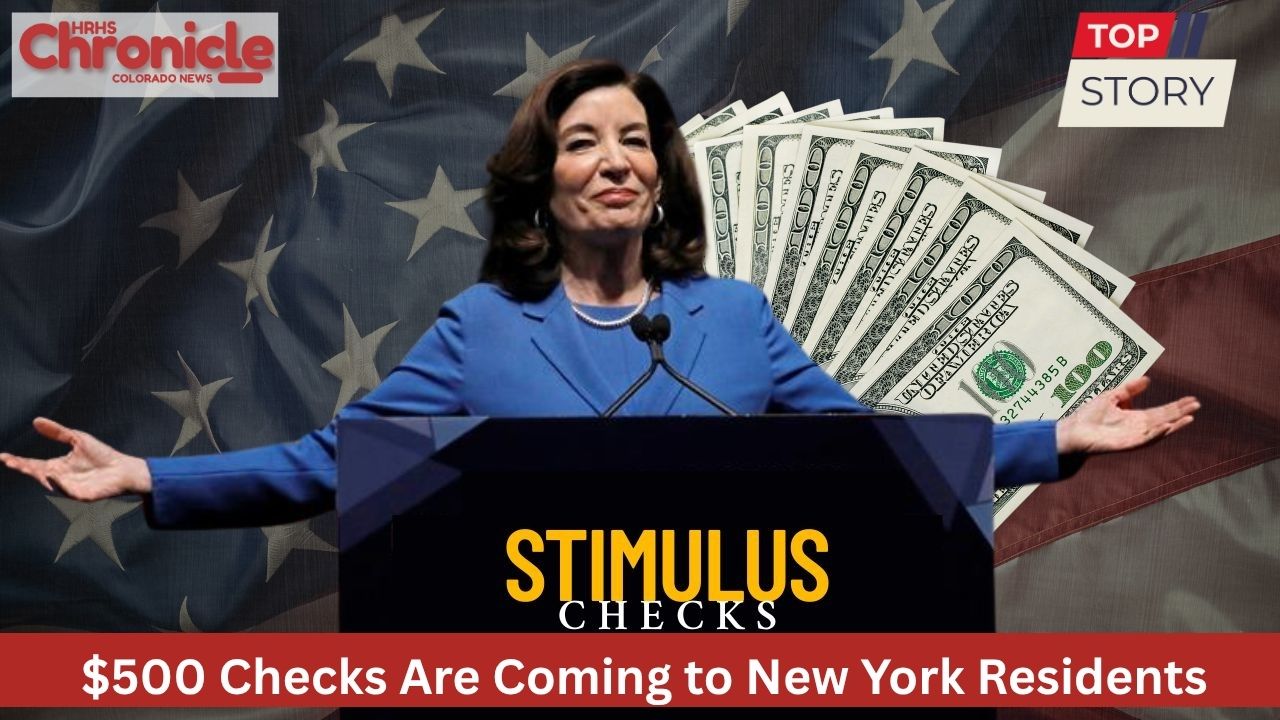

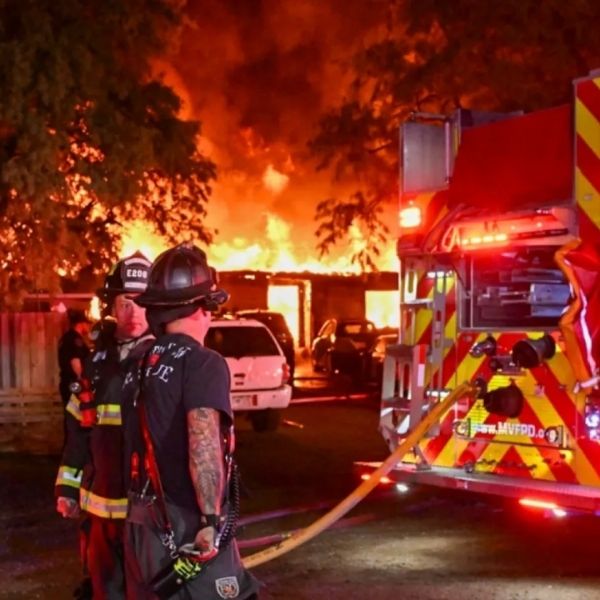
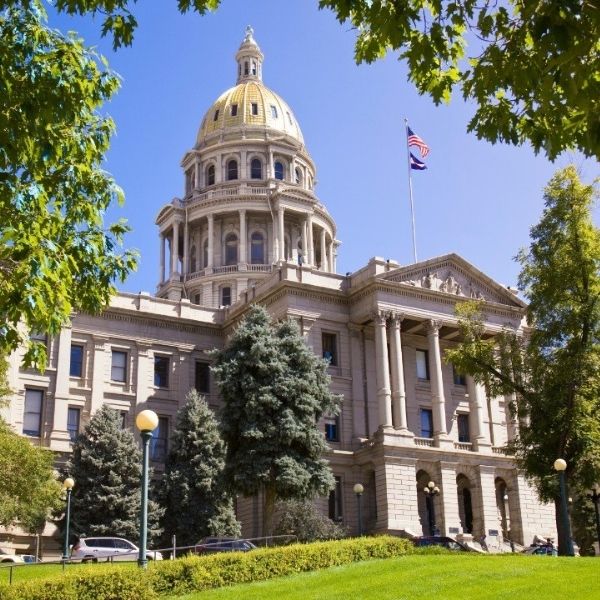

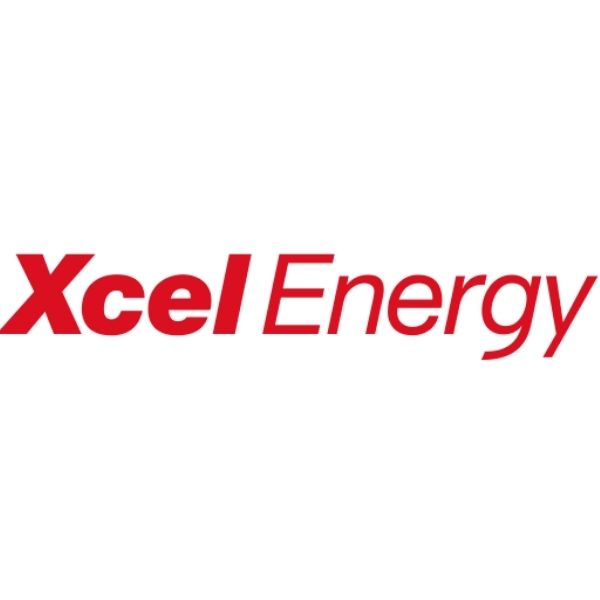







Leave a Reply